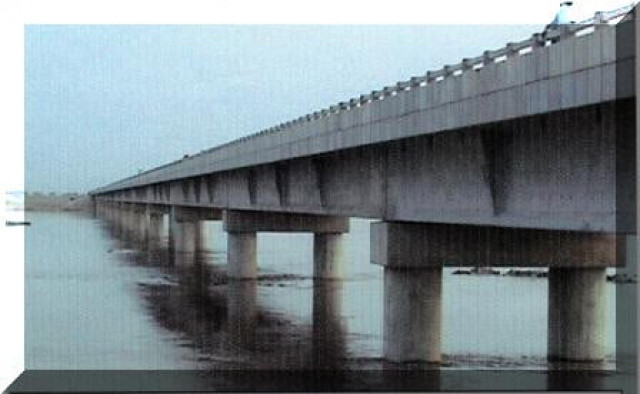Karachi:
At a session held at the Karachi Press Club under the theme “Obstacles and Risks of Karachi’s natural waterways,” environmental experts, legal professionals, urban planners, writers and civil society representatives emphasized the pressing need to protect the city’s natural drainage channels and ecological balance.
The collection participating by legal expert Abeerah Ashfaq, Karachi Press Club Secretary Sohail Afzal Khan, Kazim Hussain Mahesar, Hafeez Baloch from Indigenous Rights Alliance, Urban Planner Muhammad Tohid, Professor Dr. Abubakar Baloch, Environmental Darya Khan, historian Azeem Dehqan, and many others, the light height, the most important, the aware of the role of the rivers Malir and Lyari along with their connected streams and side elves by maintaining the ecological balance of karachi and providing natural flooding. Participants emphasized that the survival of these waterways and their ecosystems was crucial to the city’s safety and long -term sustainability.
Speakers demanded that both the Malir and the Lyari rivers be formally recognized as “living waterways” and that all obstacles, interventions and illegal constructions along their courses be removed. They further emphasized that any future construction of these natural waterways should be completely prohibited from preserving the city’s ecological resilience.
A decision was adopted unanimously during the session. It called for Karachi’s peri-city areas, especially Malir, Gadap, Moedan and Kathore, to be declared permanent green zones and rural areas. This, argued the decision, would protect agricultural land and centuries -old villages from being consumed by rapid expanding housing schemes and would allow agricultural areas to maintain their important importance. The resolution also required strict enforcement of the existing ban on sand and gravel extraction from the Malir River and its side elves, warning that such activities compromise the structure of waterways and disturb natural streams.
Participants urged the government to classify Malir District’s agricultural land permanently as a green zone in the city’s master plan. They also called for the restoration of rented countries to local farmers or assigned to them ownership rights, while providing grants to farmers to strengthen local food production and maintain ecological balance. Concerns were also raised about the destruction of mangrove forests and other coastal ecological assets, where participants require an immediate stop for deforestation, intervention and degradation of coastal resources. Effective programs should instead be launched to restore and expand the mangroved cover, they said.
Speakers emphasized that Karachi in the light of climate change, rapid population growth and non -planned urban spread must quickly adopt modern and sustainable global planning standards. This includes enforcement of secure housing and buildings as well as formulation of a robust disaster control plan. They also insisted on a total ban on the dumping of toxic industrial and chemical waste in the Malir River or any natural waterway. Industries, they said, must be forced to dispose of their waste through modern waste management systems, and uncontrolled extraction of groundwater for industrial and commercial use should be prohibited from protecting the city’s water reserves.
The resolution also called for immediate and effective legislation to protect Karachi’s natural resources, waterways and agricultural areas. Participants also called for further construction of Bhutto Highway to be subjected to an independent environmental assessment. Any country exposed by the extension of the highway near the Malir River, they suggested, should be used for forest development to restore ecological balance.



